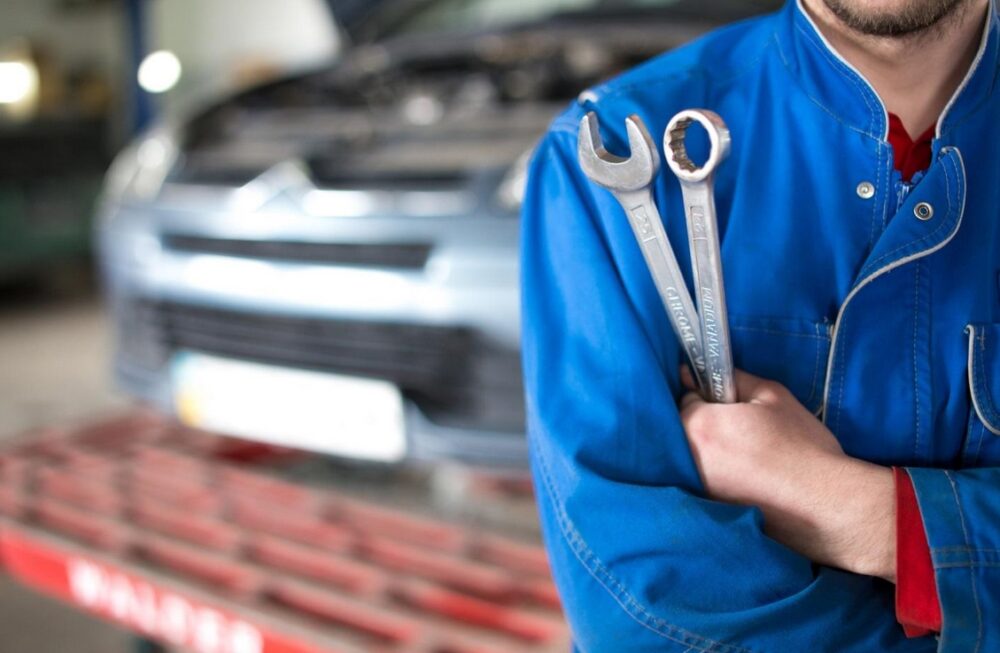Porcelain-paved patios are all the rage at the moment. Their popularity has exploded thanks to the realisation that maintaining them is quite simple, they have a long lifespan, and they look fabulous.
Like any other material, however, there are some routine maintenance tips you should consider. What do these include? And how’s it different to other materials?
This article looks at what you can do to keep your porcelain paved patio looking good whatever the weather.

What you need to know about porcelain paving
If you decide to pave your patio with porcelain, this can look fantastic. It presents a modern appearance that can’t be found with many other materials and doesn’t require a lot of maintenance. Bear in mind though, that there are some minor things you should do to keep it looking as well as possible.
Porcelain can withstand a lot of elements, it’s a durable material that is strong and resistant to a lot thrown at it. Typically, slipping isn’t common on porcelain and it will hold up well against bad weather.
However, a particularly cold spell in the weather might put your porcelain at risk if left exposed. You should consider covering it if the forecast is unfavourable and extreme. Tarpaulin covering as much of the paving as possible can save you from suffering from the harsh conditions.
Overall though, you’ll be amazed at how little maintenance is required with porcelain tiles, hence why they’re now growing in popularity more than ever.

What to do and what not to do
Despite the aforementioned durability, however, you should avoid highly acidic cleaning products on your porcelain. This puts the material at risk of discolouration.
When uncovered, however, you should brush your porcelain paving regularly so that no debris builds up on or in between the surface. Making this a routine chore to do will leave your paving looking better for longer.
A word of warning: If you are going to brush your porcelain paving, do so with a soft brush. Anything too abrasive could mark your paving, leaving an unwanted blemish.
Cracking or chipping is possible with porcelain paving, which is why the tiles must be handled with care and fitted by someone with experience. Speak to Porcelain Paving Direct today for more information on this.
Be mindful not to drop anything heavy or dense on the porcelain, much like you wouldn’t with any other material. As mentioned, the material is strong but you don’t want to risk it either way.
Professional landscapers agree that thanks to its non-porous nature, you can expect to have to tend to your porcelain paving less than you would with other materials.
If you’d like to know more on the subject, explore our website today.





